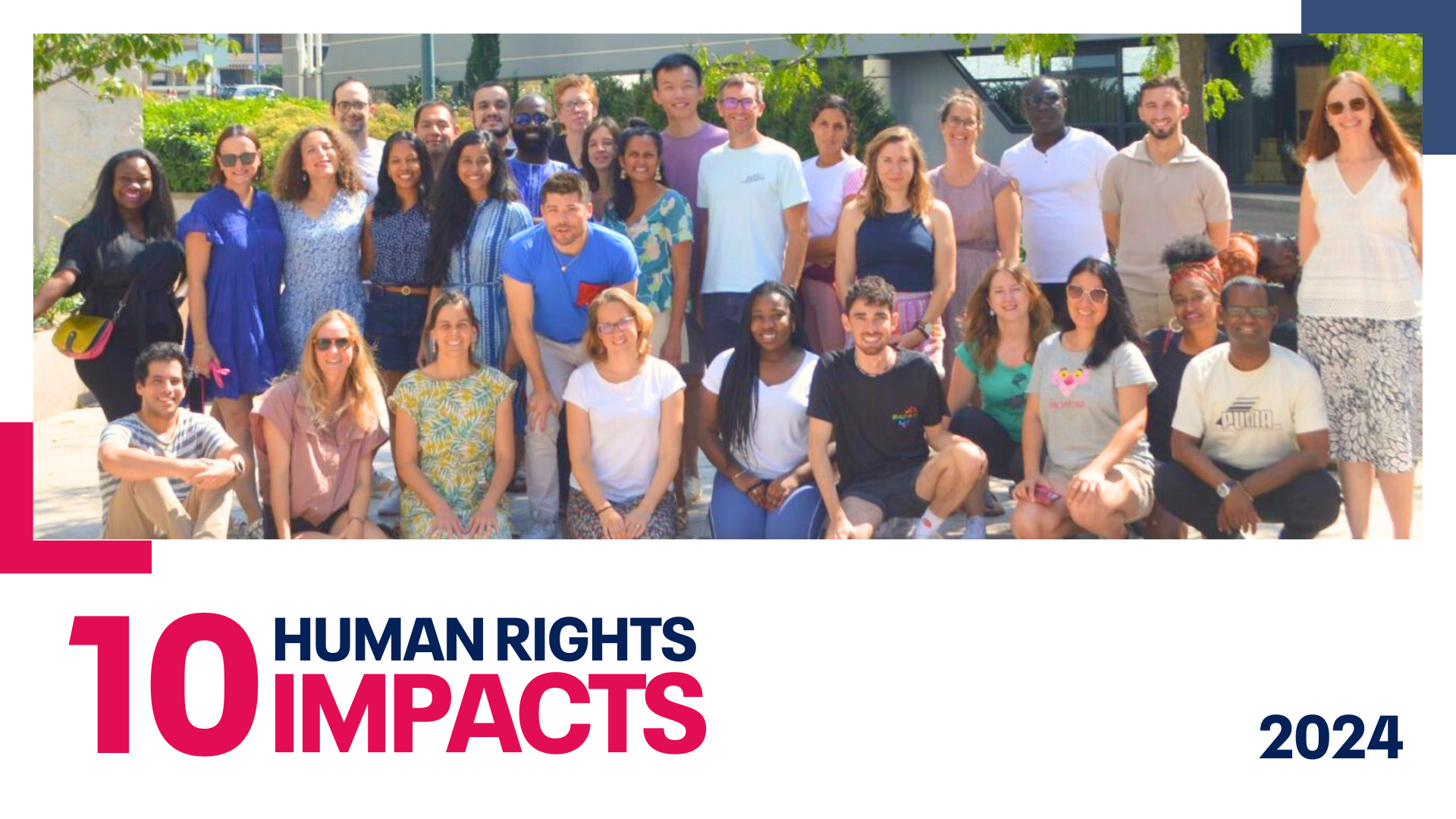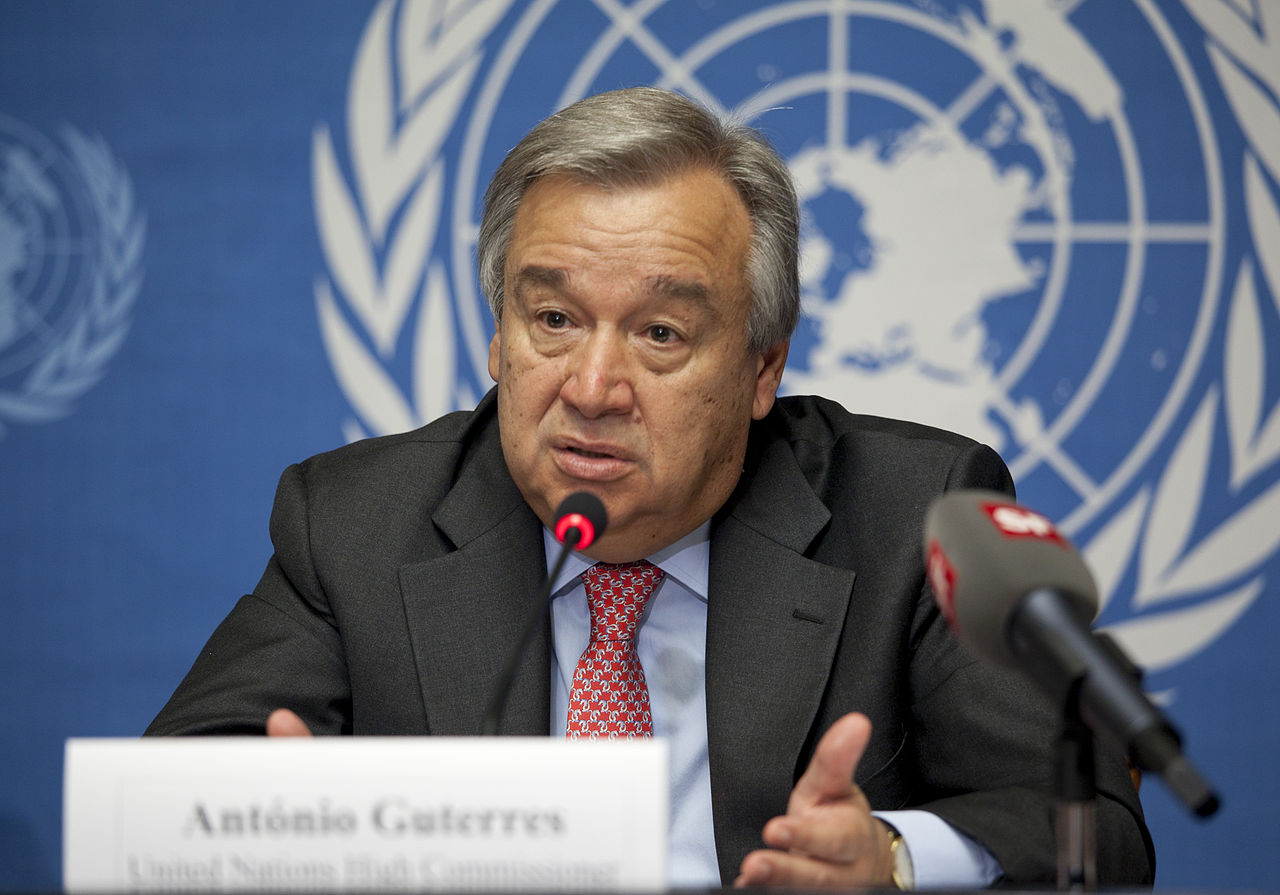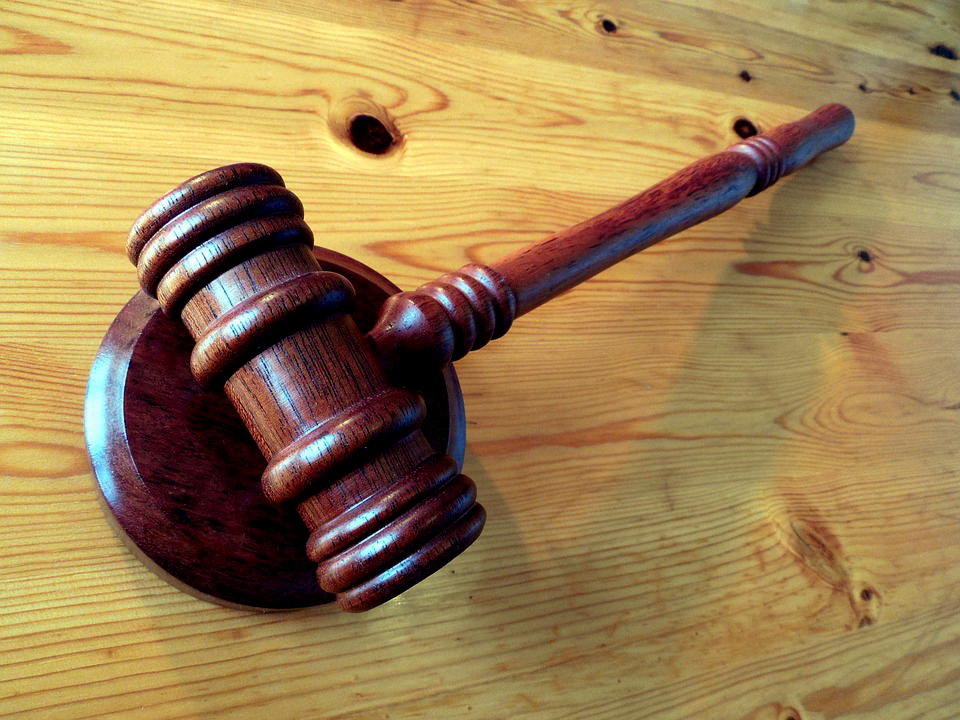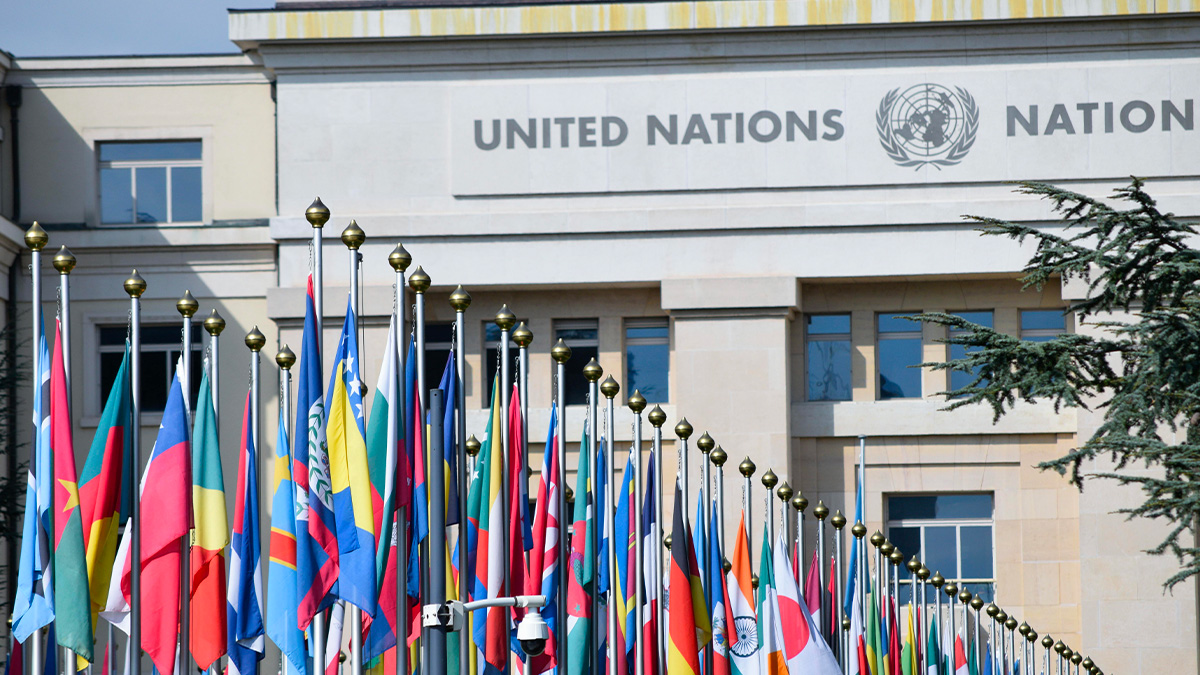
ISHR’s 2024 highlights
Here are 10 human rights impacts we achieved in partnership with defenders and partners from around the world, with the support of our donors!

In his annual report to the Human Rights Council, the UN Secretary General confirms the absolute unacceptability of any act of intimidation or reprisal against individuals or groups seeking to cooperate or having cooperated with the UN in the field of human rights.
Acts of reprisals against individuals, as well as their family members and legal representatives, ‘run contrary to the very principles of the UN, and violate human rights’ said the UN Secretary General in his report released earlier today. This May, ISHR made a submission to inform the report.
‘It is gravely concerning that, as in the past, this years’ report includes a increased number of reported cases of intimidation and reprisals for cooperation with the UN on human rights’, said ISHR’s Legal Counsel Tess McEvoy. The report raises 36 cases from 29 countries.
Not only are there more cases, but the range of reprisals and intimidations has become ‘broader’, and the ‘means used increasingly blunt’. Cases included travel bans in Egypt, India, Saudi Arabia and Bahrain; freezing of financial assets of various human rights organisations working for victims of torture; intimidation in Honduras, India, Myanmar, Rwanda, South Sudan, and Sri Lanka; ill treatment in Mexico; sexual assault in Bahrain; torture in Burundi, Egypt, Mauritania, Morocco and Pakistan; arbitrary detention in Oman, The Sudan, The United Arab Emirates, Uzbekistan and China; and killing in Honduras.
These violations were associated with cooperation with various UN agencies, including:
Disturbingly, while these figures are themselves concerning, this report only captures cases submitted to the Secretary General, and of those submitted, only cases previously referred to in official UN documents. This means that they represent only a small portion of violations out there. For example, ISHR has previously reported on cases in Eritrea, Honduras and Venezuela that do not appear in this compilation.
‘As stated by the High Commissioner earlier this year, cases of intimidation and reprisals are an attack on a fundamental element of the work of the UN – systematically undermining UN action on human rights and shaking partners’ trust in the organisation,’ said ISHR Director Phil Lynch.
‘We condemn patterns emerging from cases in this and previous reports, indicating a strategy by some States to prevent individuals providing information or cooperating with the UN on human rights,’ Lynch added.
Disappointingly, the report notes that while non-state actors are also responsible for reprisals, in the majority of cases in the report acts were often perpetrated by, or at least condoned by, State officials. Further, many concerns expressed by UN officials on cases have not received a Government reply, or where replies were received, they did not address concerns raised.
The Secretary General calls on all States to follow-up and provide responses on cases included in this and previous reports: ‘I reiterate that States must end these acts, investigate all allegations, provide effective remedies and adopt and implement preventative measures to prevent reoccurrence’.
The report refers to the groundbreaking designation of the Assistant Secretary-General for Human Rights (ASG), Andrew Gilmour, as senior official to lead efforts within the UN system to address intimidation and reprisals against those cooperating with the UN on human rights.
Citing the designation as ‘recognition by the organisation that these acts are unacceptable, and underscores the need to strengthen action across the system to prevent, respond to and address them’, the Secretary General urges all stakeholders to report allegations of intimidations and reprisals.
‘We agree with the Secretary General’s call on all States, UN entities, bodies and mechanisms, civil society representatives and human rights defenders to cooperate fully with the ASG in fulfilling his mandate. This is the only way to end reprisals,’ said Lynch.
The Secretary General articulates the UN’s priority and core responsibility to respond and prevent these acts; a responsibility stemming from the ‘UN’s Charter-based duty to promote and encourage respect for human rights – not only a normative duty, but an operational imperative for ensuring respect for human rights, sustainable development and building secure and peaceful societies’.
‘We stress that the UN Human Rights Council is legally obliged to take action if it possesses information about a credible risk or allegation of reprisals,’ said McEvoy. ‘It has a legal duty to protect individuals who communicate, cooperate or seek to engage with the Council and its mechanisms’, added McEvoy.
The Secretary General ended by calling on the Human Rights Council, its Presidency, special procedures, the human rights treaty bodies and the High Commissioner for Human Rights to continue addressing cases of intimidation and reprisals brought to their attention and to coordinate with the ASG. Further, he called on the Council President to provide oral updates at each session on cases brought to his or her attention.
‘We welcome the call made to the Council to devote sufficient time to discuss this report and interact with the ASG. Alongside the presentation of this report, all eyes are on the Council and the current negotiation of the resolution on this subject’ said Lynch.
A resolution on the issue of reprisals was tabled this week by the core group – comprising Ghana, Hungary, Ireland, Fiji and Uruguay. This resolution acknowledges the gravity of the current situation on reprisals, and responds to the need for more to be done by States and the UN to effectively and appropriately address this issue.
‘We urge all States to take a strong stance on reprisals by supporting this resolution. It is integral that it clearly sets out both States, and the Human Rights Council – and its president’s– responsibility to prevent and ensure accountability for reprisals’ said McEvoy.
Contact: ISHR Legal Counsel and Reprisals Focal Point, Tess McEvoy, [email protected].
Photo: Wikicommons

Here are 10 human rights impacts we achieved in partnership with defenders and partners from around the world, with the support of our donors!

In 2024, national, regional, and international courts took action to protect and recognise the rights of human rights defenders. In this article, we explore some of the key cases that have shaped the legal landscape for those advocating for human rights.

On the occasion of the 30th Annual Meeting of Special Rapporteurs, Independent Experts and Chairs of Working Groups, civil society organisations have called for enhancing transparency, coordination, cooperation and measures to promote civil society engagement with the system of Special Procedures.